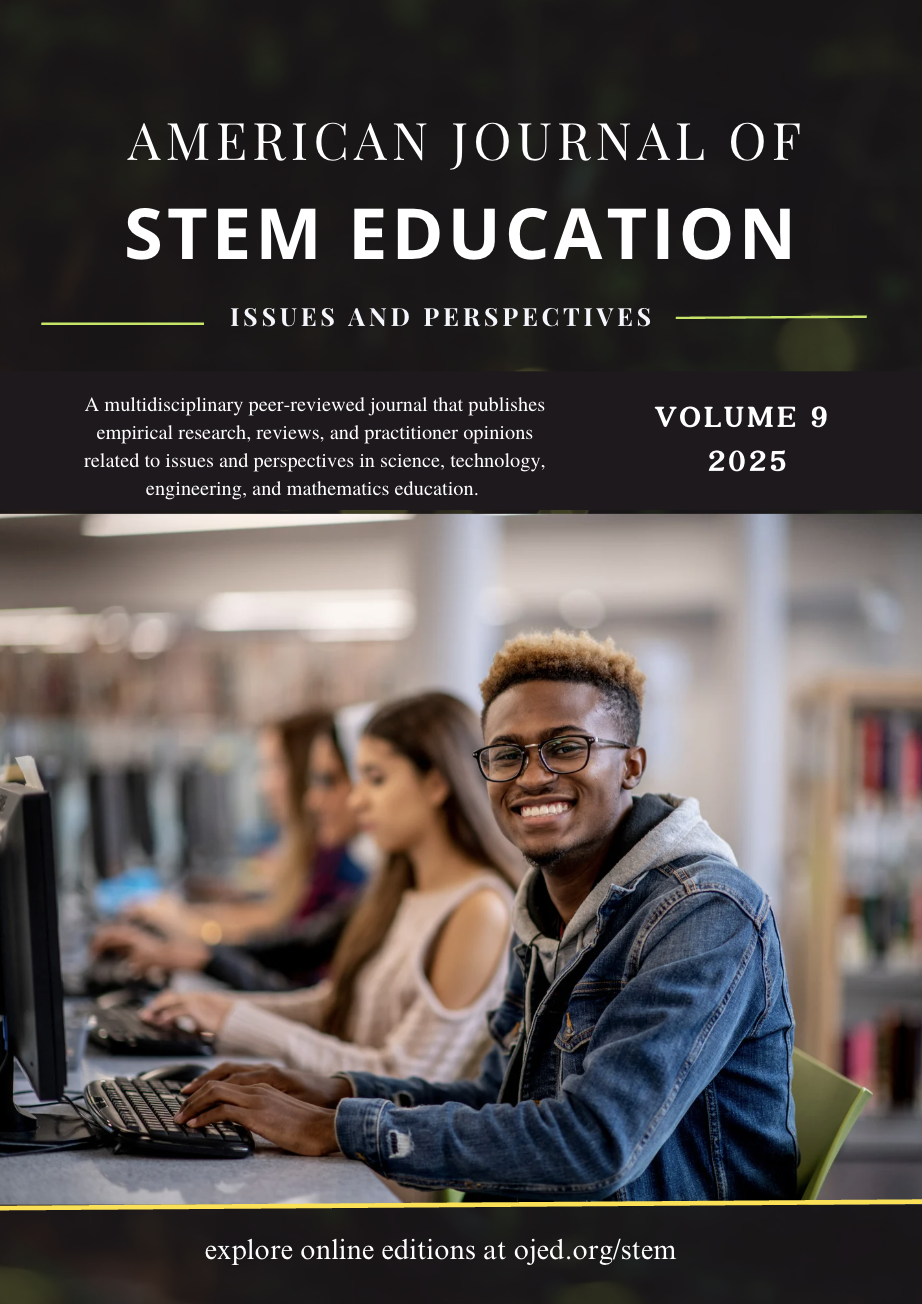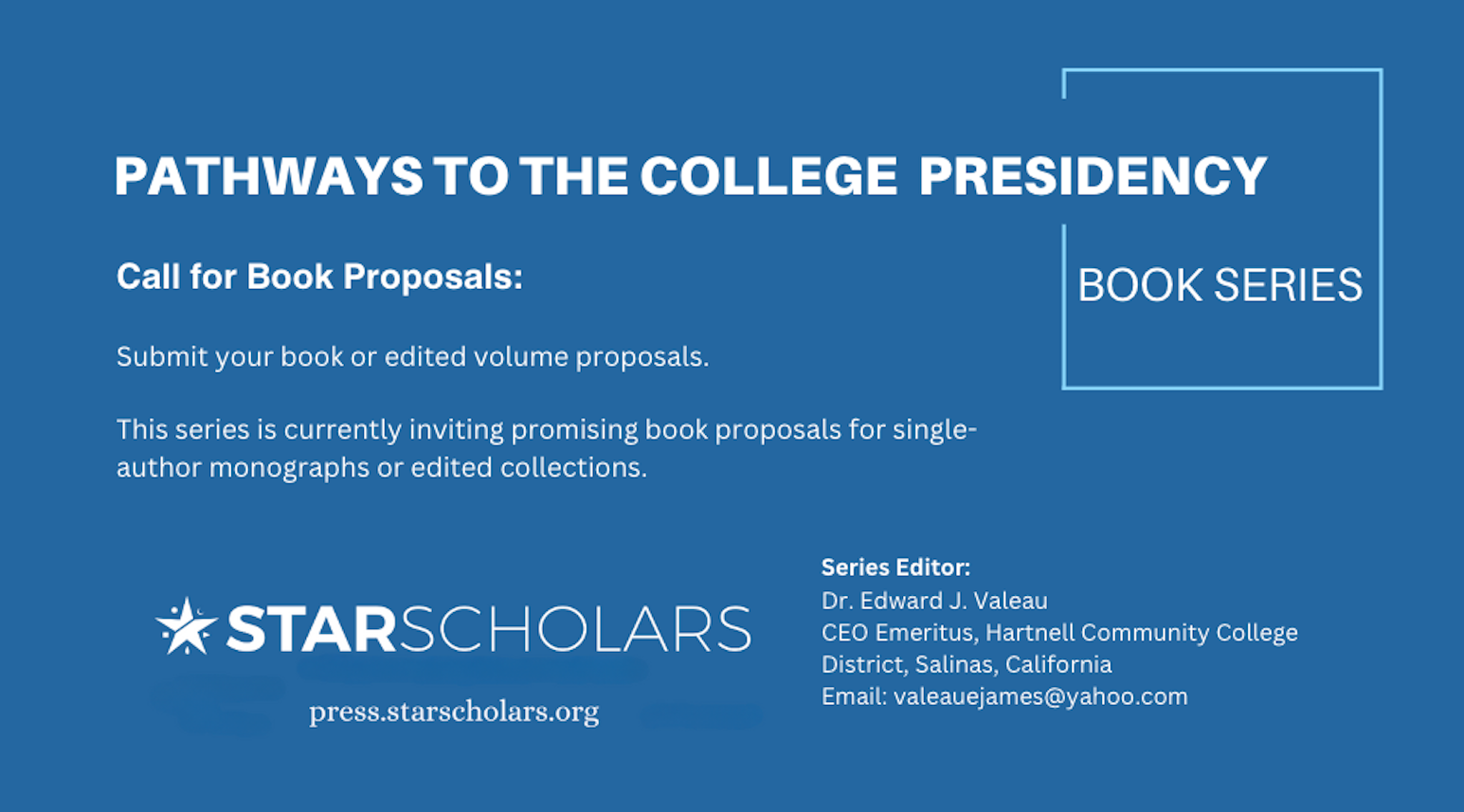The role of mentorship and research experiences in shaping STEM careers
A quantitative analysis
DOI:
https://doi.org/10.32674/1pz4ya55Keywords:
academic satisfaction, career aspirations, experiential learning, mentorship, research experience, STEM educationAbstract
This study examines how mentorship and undergraduate research experiences influence academic satisfaction and career aspirations among STEM students in the LSAMP program. Using Social Cognitive Career Theory as a framework, statistical analyses revealed that students pursuing STEM careers reported significantly higher satisfaction with their academic majors. However, no significant link was found between institutional affiliation and career pursuit. The findings highlight the importance of structured mentorship and experiential learning in fostering STEM retention and success, particularly among underrepresented groups. The study advocates for integrating mentorship into STEM curricula and reevaluating research programs to better align with students’ goals and career pathways.

 Call for Special Issue Proposals
Call for Special Issue Proposals 


